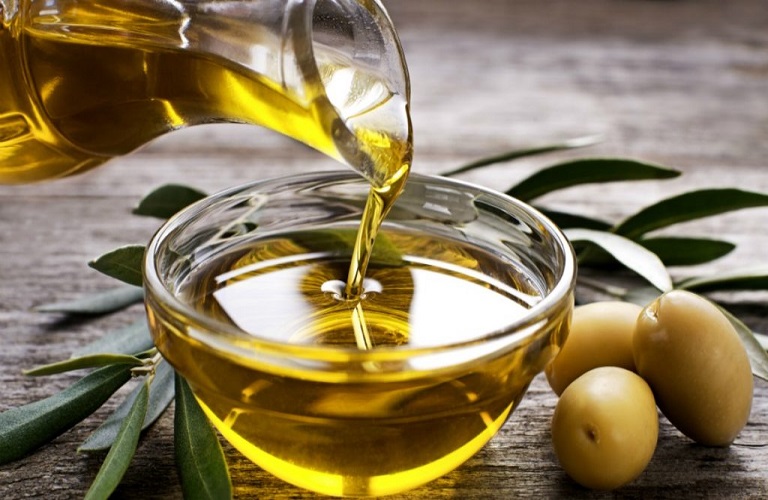
Another bad year for olive oil production lies ahead in Spain, as climate change – particularly extremely high temperatures and drought – hits the industry hard. This is expected to impact prices across Europe – and Greece – as the country produces the largest quantities worldwide.
The Spanish Ministry of Agriculture estimates that production this year for the season that already began at the beginning of this month will reach about 765 thousand tons. This is almost half of the 2021/2022 season when production reached 1.5 million tons. Production last year (2022/2023 season) was the lowest in recent years due to drought.
Drought
This year’s crop will be 15% higher than last year, which reached 664,000 tonnes, but will still be 35% lower than the four-year average, according to new figures from the Spanish government.
40% of global production comes from this country, and therefore the quantities of olive oil produced there greatly affect sufficiency from Europe to Africa and America.
The drought that has been very severe since last year is either destroying crops by prematurely dropping the fruits from the trees, or making the olives (fruits) smaller than usual.
The decline in production is starting to cause major problems as Spain exports 70% of the olive oil it produces. Prices have risen dramatically, affecting consumers not only there, but throughout Europe. At the same time, small and large olive producers begin to face sustainability issues because they do not have enough product to sell when their obligations come due.
The world’s largest olive producer is under the hammer
Already, Spain’s Deoleo, the world’s largest oil producer, has hired investment bank Lazard to explore strategic options including a potential sale, the company itself announced to the country’s stock market watchdog.
Reuters data showed that the company, whose main shareholder is investment fund CVC, announced a few days ago that in the first half of this year its balance sheet fell into the red – after making only a small profit a year ago. The company has recently heard from several applicants, including the UAE-based food company IFFCO. These talks have not been confirmed.
Olive oil production in Spain
Source: Bloomberg with data from the Spanish Ministry of Agriculture
Social and economic impacts
“We are heading towards a second bad season in a row with huge social and economic consequences in many cities of Andalusia,” Cristobal Cano, spokesman for the UPA farmers group, told Reuters after presenting data on the expected large decline. in production from the region., according to Bloomberg.
Earlier in the week, the European Commission also forecast lower yields, saying olive oil prices are expected to remain high for another year, forcing consumers to dig deeper into their pockets and consume less olive oil.
Thefts are common
At the same time, olive oil had become so expensive that theft became rampant. It is worth noting that nearly 50,000 liters of extra virgin olive oil that was ready for bottling disappeared in the early hours of August 30 from a mill in the province of Cordoba, Spain. The thieves loaded high-quality olive oil worth 500,000 euros and disappeared.
Also earlier this month, Spanish police confiscated 74 tons of stolen olives in the province of Seville. Twelve people were arrested in the city of Bilas on suspicion of involvement in the theft and trafficking of olives.
source: after that

“Avid problem solver. Extreme social media junkie. Beer buff. Coffee guru. Internet geek. Travel ninja.”





More Stories
“Recycling – Changing the water heater”: the possibility of paying the financing to the institution once or partially
Libya: US General Meets Haftar Amid Tensions Between Governments
New tax exemption package and incentives for business and corporate mergers..